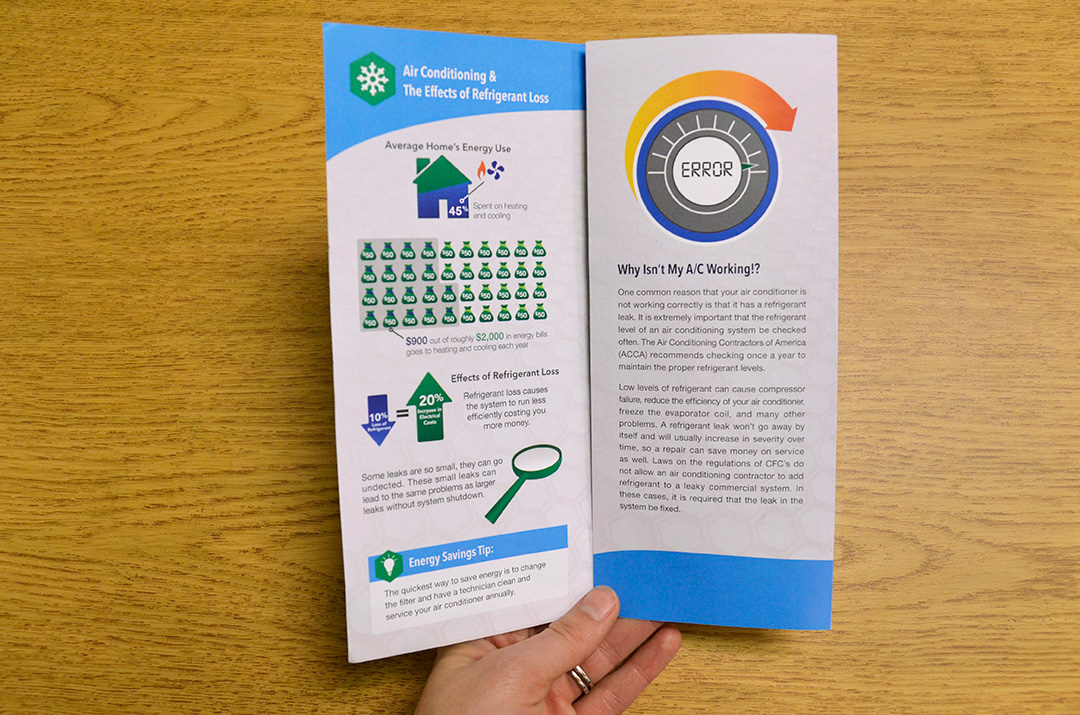The Future Of Home Home Heating - Just How Heatpump Innovation Is Evolving
The Future Of Home Home Heating - Just How Heatpump Innovation Is Evolving
Blog Article
Write- https://costofroutinehvacservice00099.anchor-blog.com/9600758/unmasking-typical-misconceptions-and-false-impressions-about-warmth-pumps -Svensson Oliver
Heatpump will be an essential innovation for decarbonising home heating. In a circumstance constant with federal governments' announced energy and environment dedications, their worldwide capacity increases by 2030, while their share in heating rises to one-quarter.
They function best in well-insulated homes and count on electricity, which can be supplied from a sustainable power grid. Technological innovations are making them more efficient, smarter and less expensive.
Gas Cells
Heat pumps make use of a compressor, refrigerant, coils and fans to relocate the air and warmth in homes and home appliances. They can be powered by solar energy or electrical energy from the grid. They have actually been acquiring popularity as a result of their inexpensive, peaceful operation and the ability to produce power throughout peak power demand.
Some firms, like IdaTech and BG MicroGen, are dealing with fuel cells for home heating. These microgenerators can replace a gas boiler and produce some of a residence's electrical requirements with a connection to the power grid for the remainder.
But there are reasons to be unconvinced of using hydrogen for home heating, Rosenow claims. It would be expensive and ineffective compared to other innovations, and it would add to carbon emissions.
Smart and Connected Technologies
Smart home modern technology enables house owners to attach and regulate their gadgets from another location with making use of smart device apps. As an example, clever thermostats can discover your home heating preferences and instantly adjust to enhance power intake. Smart lighting systems can be managed with voice commands and immediately switch off lights when you leave the room, lowering power waste. And clever plugs can keep track of and manage your electric use, allowing you to recognize and restrict energy-hungry devices.
The tech-savvy house depicted in Carina's meeting is an excellent picture of how occupants reconfigure area home heating techniques in the light of brand-new smart home innovations. They count on the tools' automated attributes to accomplish daily modifications and regard them as a hassle-free ways of performing their home heating practices. Thus, they see no factor to adjust their methods even more in order to enable adaptability in their home power need, and interventions focusing on doing so might deal with resistance from these houses.
heat pump life expectancy
Given that warming homes accounts for 13% people discharges, a button to cleaner choices can make a big difference. However mitsubishi heat pump installers christchurch encounters obstacles: It's expensive and needs comprehensive home restorations. And it's not constantly compatible with renewable resource resources, such as solar and wind.
Till lately, electric heat pumps were as well expensive to take on gas versions in most markets. However new developments in layout and products are making them much more affordable. And far better cool environment efficiency is allowing them to work well also in subzero temperatures.
The next action in decarbonising home heating may be the use of heat networks, which draw warmth from a main source, such as a neighboring river or sea inlet, and disperse it to a network of homes or buildings. That would certainly reduce carbon exhausts and allow houses to benefit from renewable energy, such as environment-friendly power from a grid provided by renewables. This choice would certainly be less expensive than switching over to hydrogen, a fossil fuel that requires new infrastructure and would only reduce carbon dioxide discharges by 5 percent if coupled with boosted home insulation.
Renewable resource
As electrical power rates drop, we're starting to see the very same fad in home heating that has driven electrical autos right into the mainstream-- but at an even much faster speed. The solid climate situation for electrifying homes has been pressed further by new research study.
Renewables represent a substantial share of modern-day heat intake, but have been offered restricted plan focus internationally contrasted to various other end-use sectors-- and also less attention than electricity has. In part, this shows a mix of customer inertia, divided incentives and, in lots of nations, aids for nonrenewable fuel sources.
New innovations can make the change simpler. For example, heatpump can be made more energy efficient by replacing old R-22 cooling agents with new ones that don't have the high GWPs of their predecessors. Some professionals additionally envision district systems that draw warmth from a nearby river or sea inlet, like a Norwegian arm. The warm water can then be made use of for heating & cooling in a neighborhood.